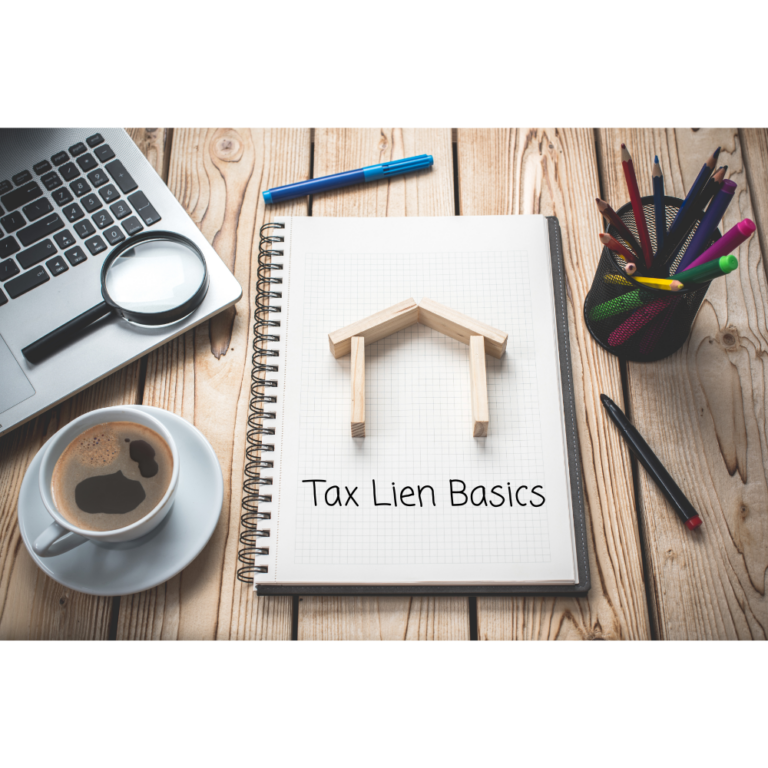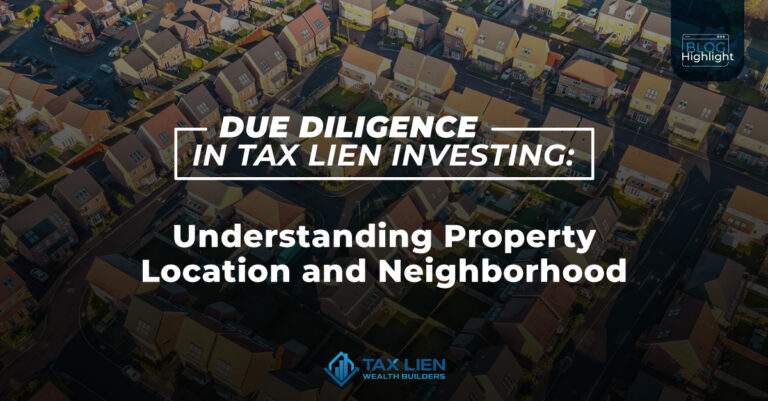Introduction to Tax Deeds
Dear investor,
Are you searching for an affordable way to invest in real estate, or are you simply learning about it?
If yes, then you need to discover the world of tax deed investing.
When you come across properties being sold for significantly lower prices than their market value, it sounds too good to be true, right?
Let’s dive into tax deeds to help you understand what it means and how it works .
What Are Tax Deeds?
A tax deed is a legal document that grants you ownership of a property by a government body when the property owner fails to pay the appropriate property taxes.
After a period of time, the government sells the property to recover the unpaid taxes, typically through a tax deed auction. When you buy the tax deed, you pay off the owed tax and ownership of the property is transferred to you. A tax deed is what you are given as a token for your purchase.
Think of it like a clearance sale on real estate. However, you should be aware that there are rules and risks involved, and it is essential you do your research and understand the process before diving in.
How Do Tax Deeds Work?
Delinquent taxes
When you own a home and, for certain reasons, you are unable to pay your property taxes, the local government takes action to recover the money.
Tax sale
To recover the unpaid taxes, the government organizes a tax sale. This is usually an auction where the properties with delinquent taxes are put up for sale. The goal is to sell the property to the highest bidder, thereby recovering the unpaid taxes. This auction can be a live event, an online auction, or it could even be a sealed bid auction, depending on the county’s procedures.
Winning bidder
At the auction, you might find a property that catches your eye. You decide to place a bid, competing with other interested buyers. If you have the highest bid when the auction closes, you win the property.
The government issues you a tax deed, which is a legal document granting you ownership of the property. This deed is your proof of purchase, showing that you paid off the owed taxes and now own the property.
So, in a nutshell, here’s how it works: When property owners don’t pay their taxes, the government auctions off the property to recover the funds.
As the highest bidder, you get a tax deed, giving you ownership of the property. This process not only helps the government recover needed funds but also offers opportunities for buyers to acquire property, sometimes at a lower cost than usual market prices.
Differences Between Tax Deeds and Tax Liens
Tax deeds
This is a document that identifies you as the owner of a property after you win a bid in a property auction. The property outright becomes yours after payment.
Tax liens
A tax lien is essentially a claim you have on a property after paying off its unpaid taxes. It is sold to investors at a tax lien auction. However, you do not get ownership of the house right away. Instead, you get a tax lien certificate, which means the property owner owes you the unpaid taxes, plus interest.
The property owner is given a certain period (called the redemption period) to pay off their debt to you. If they pay, you get your money back with interest, and the owner keeps their house.
But if they can’t pay off the debt within the redemption period, you can take legal steps to foreclose on the property. This makes you the new owner of the house, but this process can take time and involves additional legal procedures.
Both methods are ways to invest in real estate, but each come with different processes, risks, and potential rewards. Tax deeds give you immediate ownership, while tax liens offer a way to earn interest on your investment and possibly acquire the property down the road.
Why Should I Invest in Tax Deeds?
Investing in tax deeds can be a smart and lucrative way to build wealth through real estate. Investors dive into tax deed investing for a number of reasons.
They range from its potential for high profits, to full ownership transfer, the possibility of portfolio diversification and yet high return potential. All of these appealing characteristics, but can only be achieved when you do your homework and approach it with the right mindset.
In summary, investing in tax deeds can be highly profitable, offering you the chance to acquire properties at well below market value and benefit from high return potential.
However, like any investment, it requires careful research and due diligence to ensure you are making a wise decision. If approached correctly, tax deed investments can be a rewarding addition to your real estate portfolio, providing great financial benefits.







